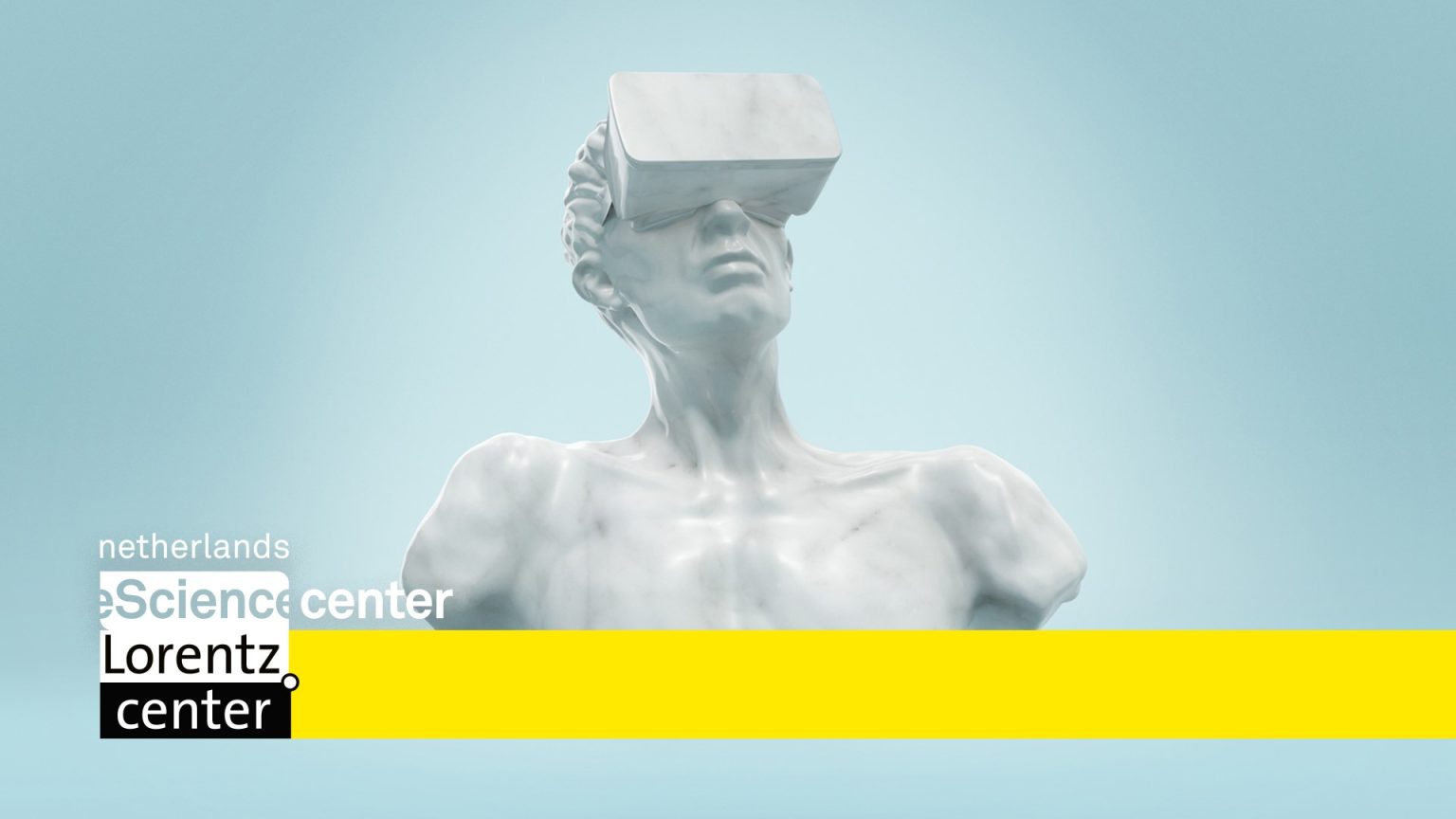Paradata in 3D Scholarship
Intellectual Transparency and Scholarly Argumentation in Digital Heritage
Intellectual Transparency and Scholarly Argumentation in Digital Heritage
January – December 2025
Overview
The “Paradata in 3D Scholarship” project aims to enhance the intellectual transparency and scholarly argumentation within digital heritage by focusing on the development and implementation of paradata standards. Paradata refers to the documentation of processes and decisions involved in creating 3D models, which is crucial for ensuring the reusability, reproducibility, reliability, and trustworthiness of digital heritage interpretations.
Aims & Objectives
- Develop Paradata Standards: Establish comprehensive and actionable standards for documenting paradata in 3D scholarship, aligning with international documentation practices.
- Prototype Development: Engineer a system for implementing paradata within existing 3D platforms, specifically extending the capabilities of Smithsonian’s Voyager to integrate paradata capturing and documentation.
- Community Engagement: Involve major stakeholders from research fields and professional domains to ensure that developed standards meet diverse needs and are practically implementable.
Organising Team
The project is led by a diverse team of experts from various scientific fields, including digital humanities, information studies, digital cultural economics, and advanced imaging techniques. Key organizers include:
- Costas Papadopoulos – Associate Professor in Digital Humanities & Culture Studies at Maastricht University.
- Isto Huvila – Professor in Information Studies at Uppsala University.
- Trilce Navarrete Hernandez – Assistant Professor in Digital Cultural Economics at Erasmus University Rotterdam.
- Kira Zumkley – Head of Photography and Digitisation at the Victoria and Albert Museum.
- Vincent Rossi – 3D Program Supervisor at the Smithsonian Digitisation Program Office.
Scientific Case
The project addresses a critical moment for 3D scholarship as interest in Virtual Reality and the Metaverse grows. Despite significant investments by the European Commission in 3D-focused cultural heritage initiatives, there is a lack of comprehensive frameworks for understanding the creation processes of 3D models. This project seeks to fill that gap by developing standards that ensure intellectual transparency.
Workshop Details
A workshop will be held in September 2025 to bring together an interdisciplinary group of researchers and professionals from heritage, information science, galleries, libraries, archives, museums, and organizations that develop services and standards for 3D data. The workshop will focus on:
- Developing a paradata model through interactive sessions.
- Engineering a system for implementing paradata using existing infrastructures like PURE3D.
- Testing and refining the paradata model with various stakeholder communities.
Expected Outcomes
- Establishment of a paradata model that meets community needs.
- Development of a prototype tool for generating and capturing paradata.
- Integration of both the standard and tool with key stakeholders’ work practices.
Impact
The project aims to set a new standard for integrating 3D models into research, education, and public engagement. It will enhance digital heritage scholarship’s rigor, influence museum digitization strategies, inform EU policy on digital heritage, and contribute to global data standards development. By leading this initiative, the Dutch research community will be positioned at the forefront of advancements in 3D digital heritage.
Generously funded by



